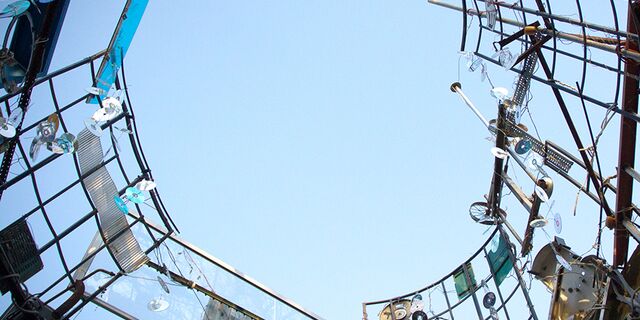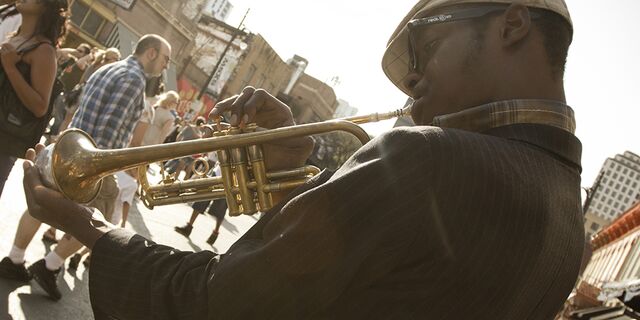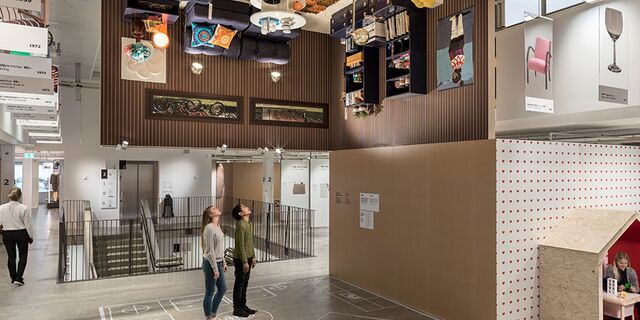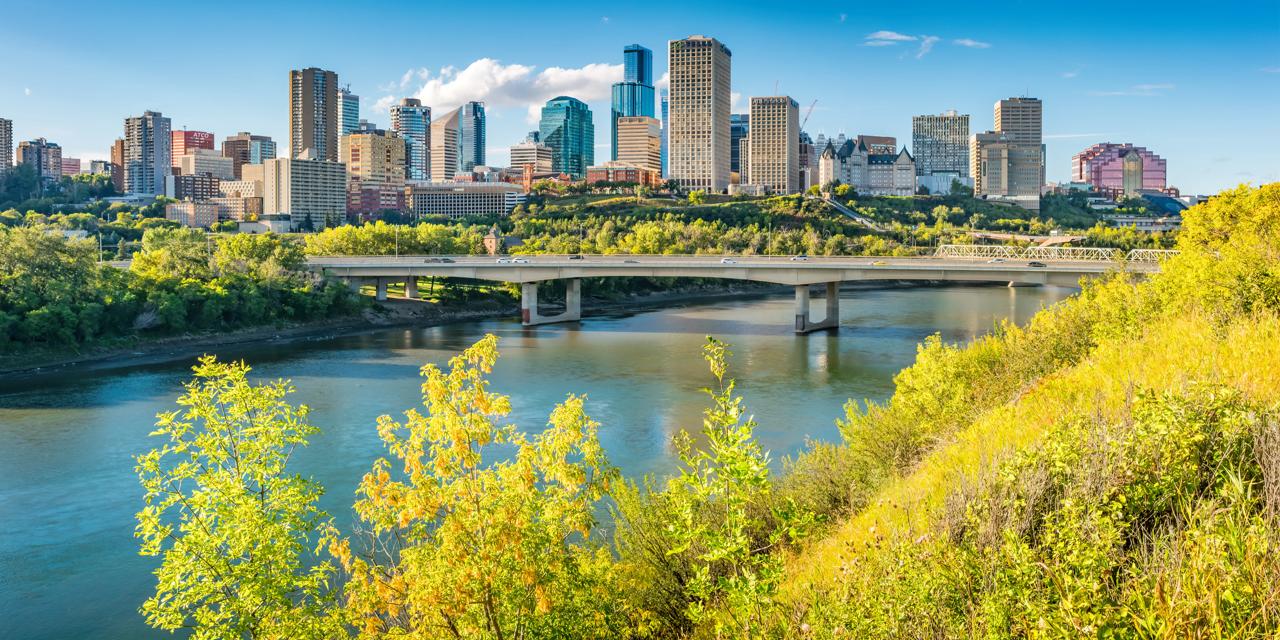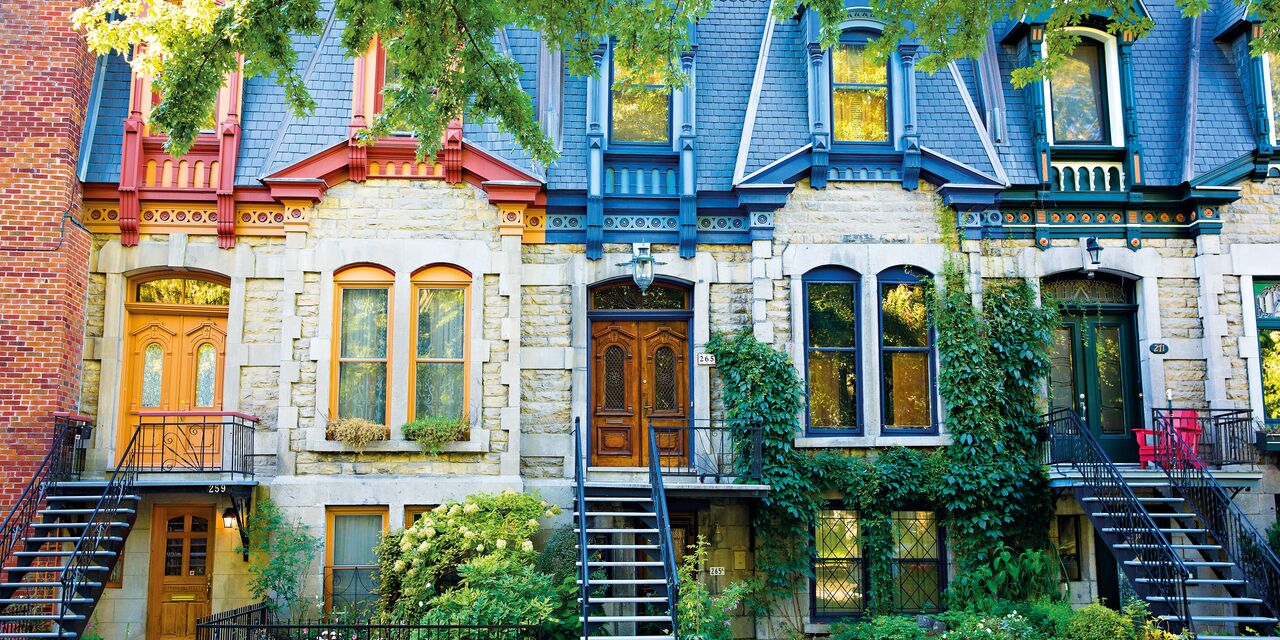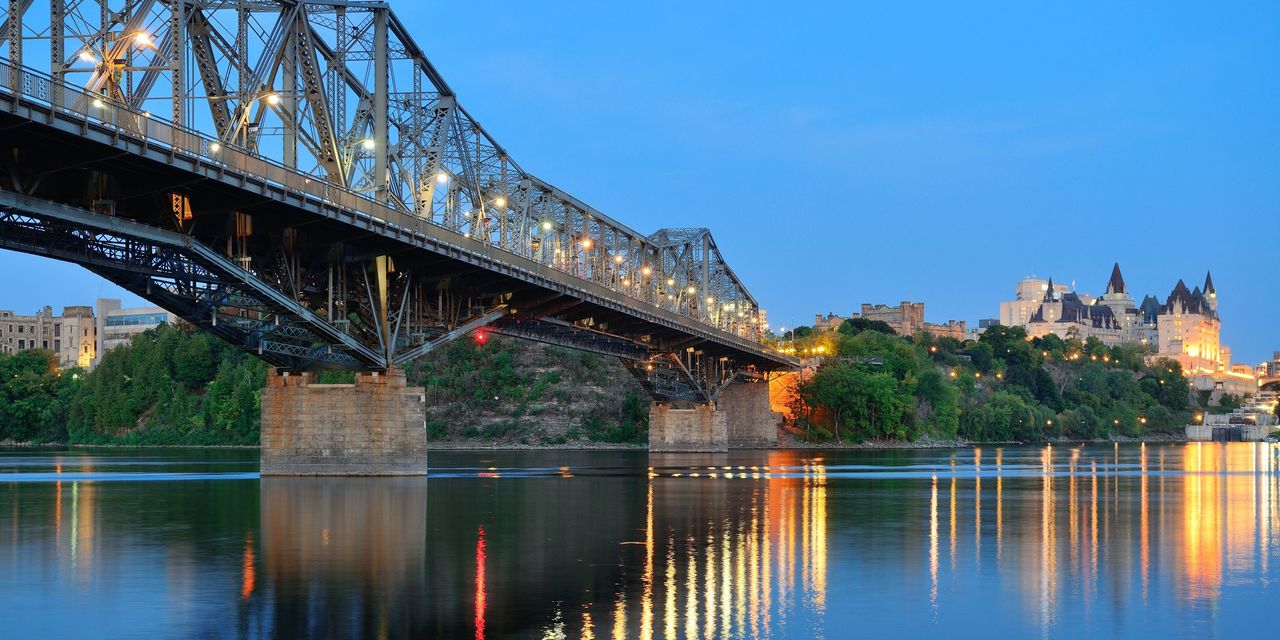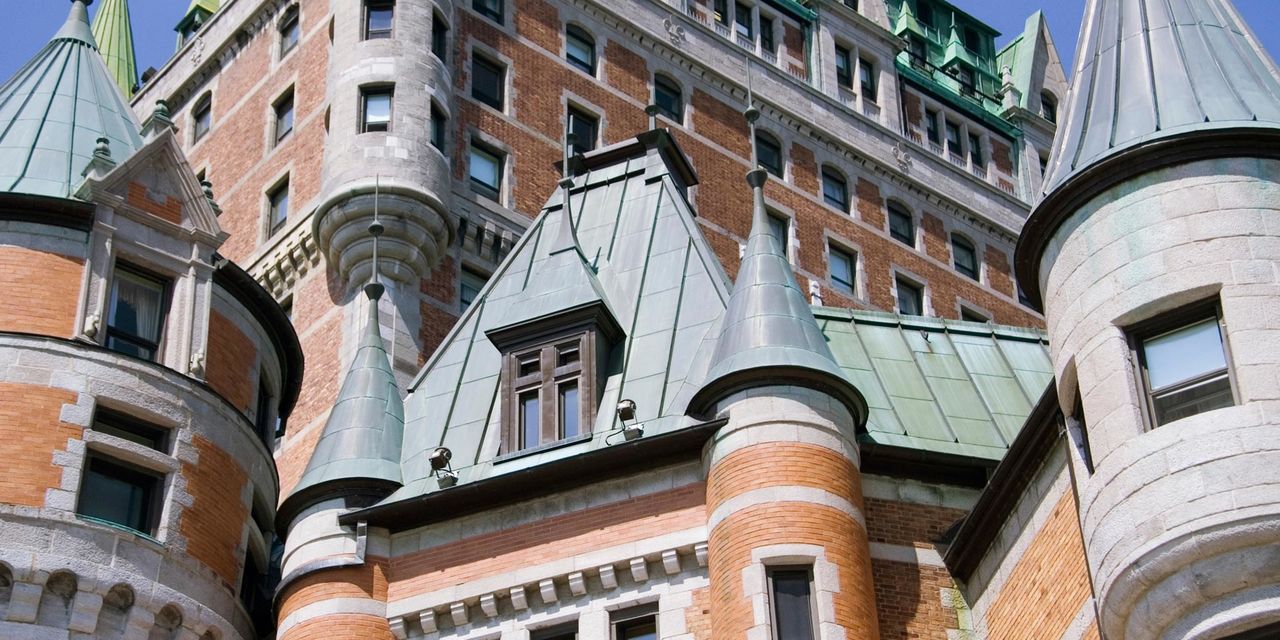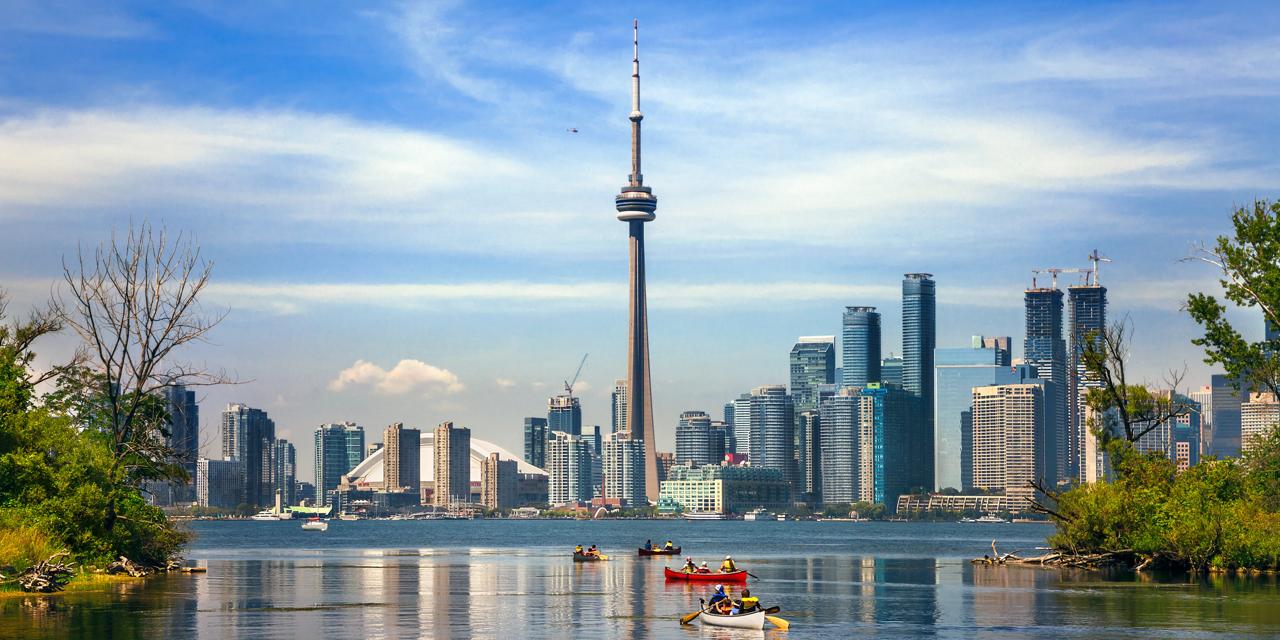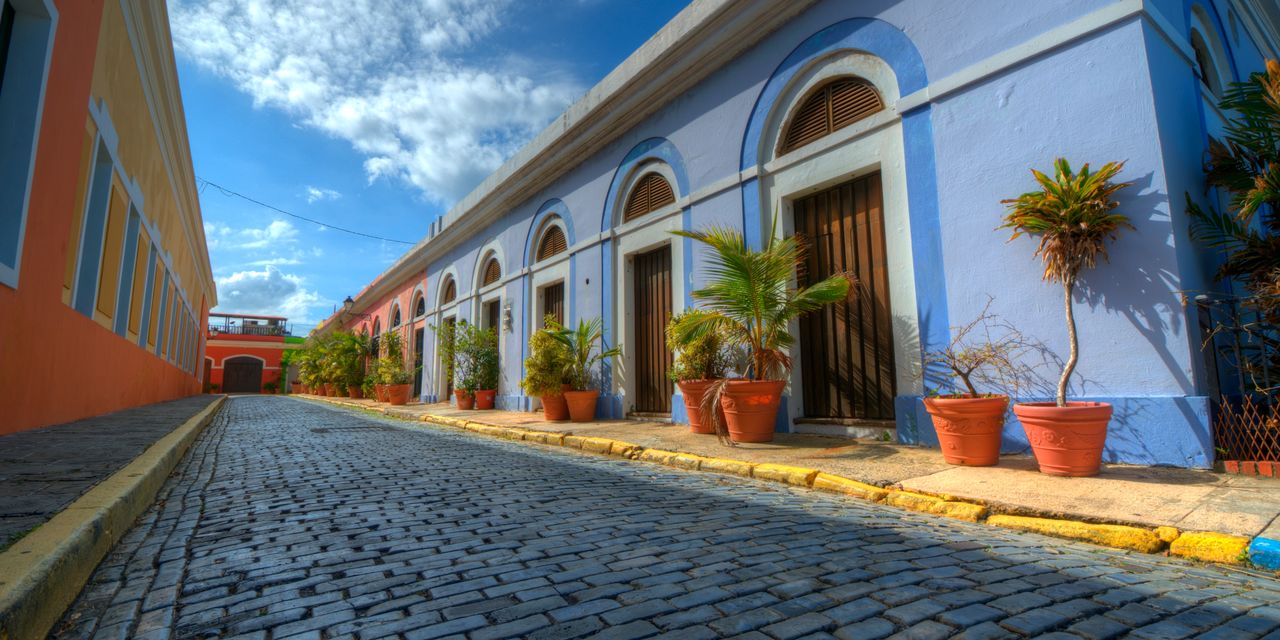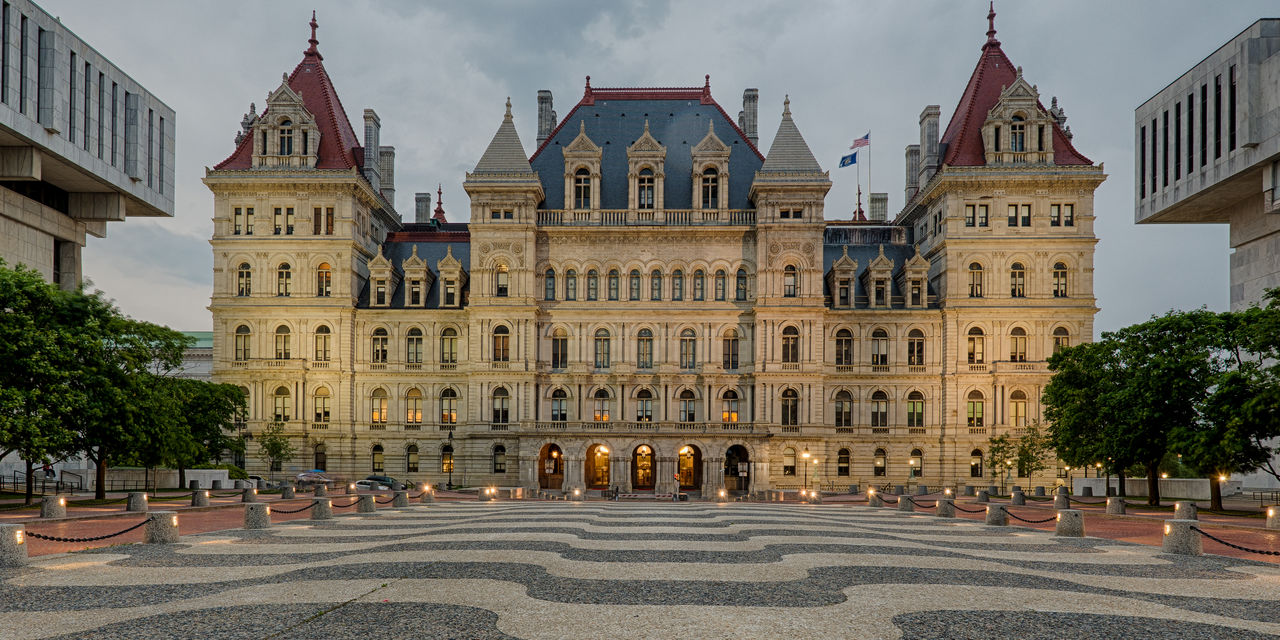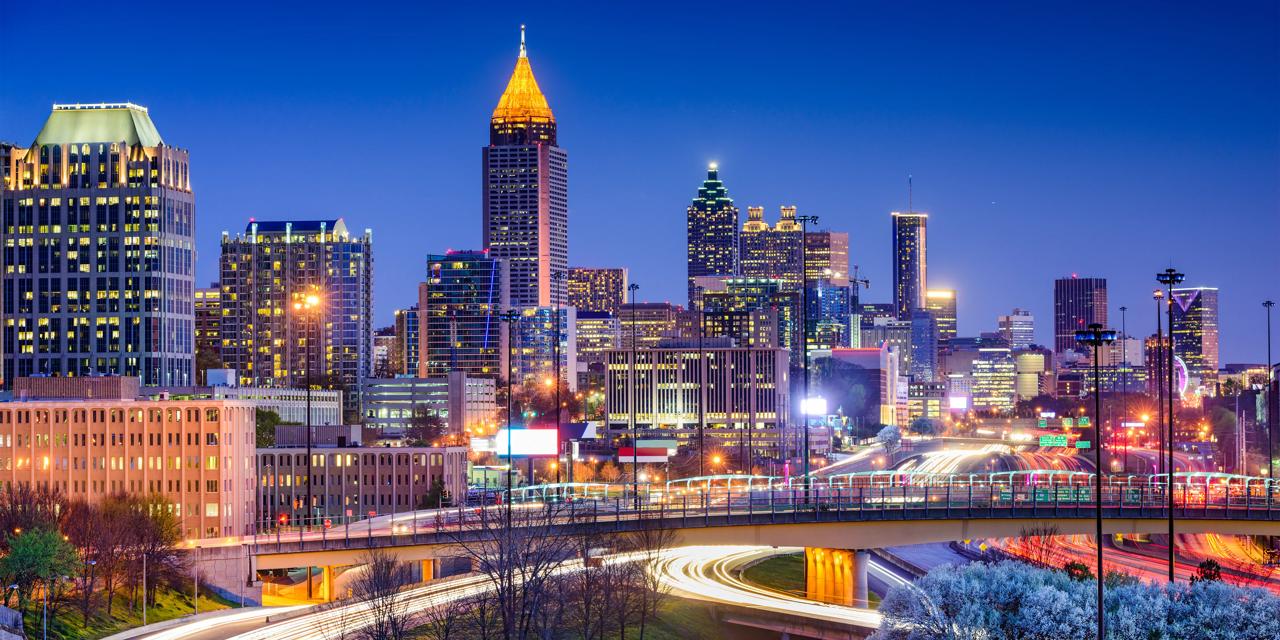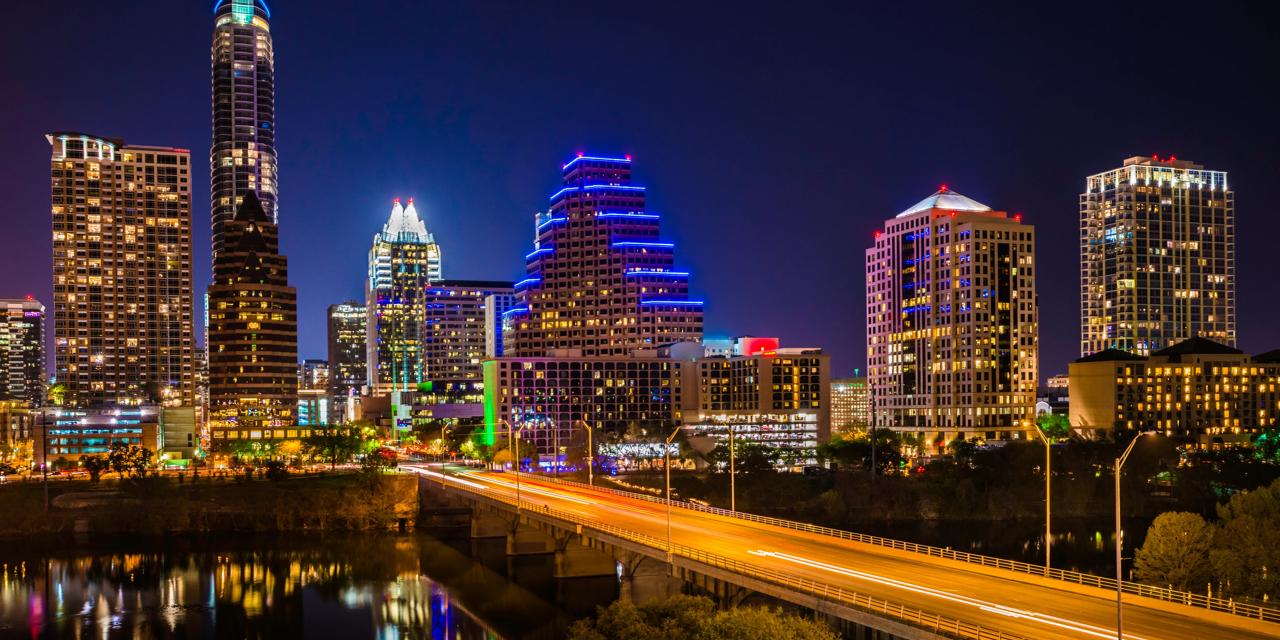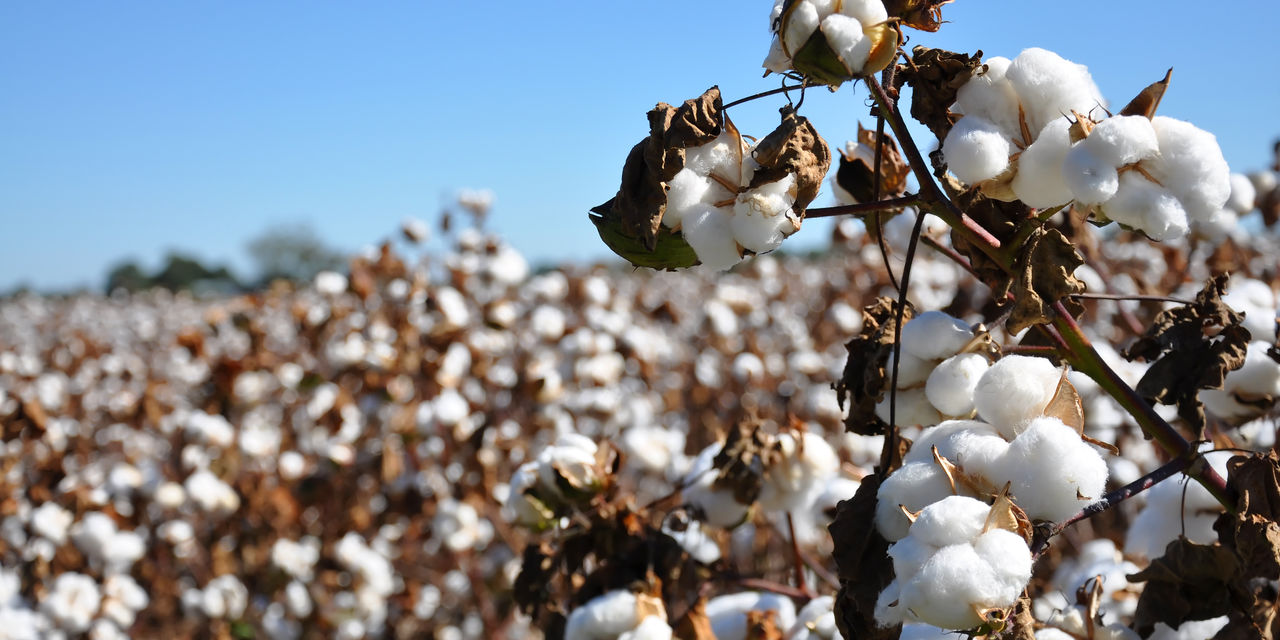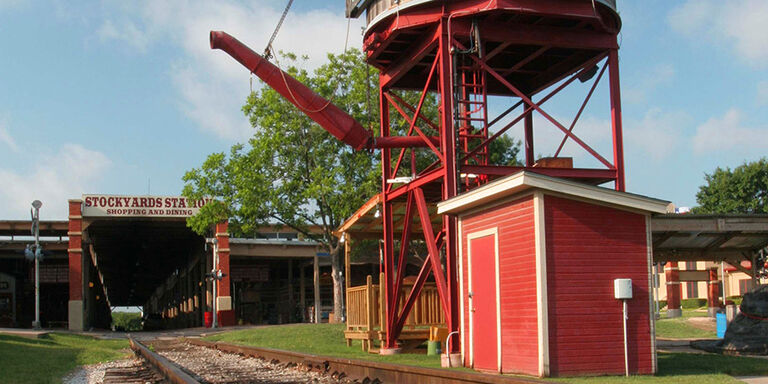
An old railway yard in Fort Worth
Cattle trade in Fort Worth
In the 19th century, Fort Worth was the last stop where cowboys were able to rest and stock up on supplies before entering the hostile Indian territory. Over time, the cattle trade grew into a major economic activity: between 1866 and 1890 alone around 4 million cows were traded here. Fort Worth became known for its nickname ‘Cowtown’. In the wake of the booming trade came a lively nightlife scene: Hell’s Half Acre, a rough and tumble entertainment district, quickly developed a reputation throughout the Wild West. The glory days of the Stockyards came with the inauguration of the railway network in 1876. Fort Worth was the largest junction of the American cattle trade and the number of cattle transported by train increased enormously. However, with the paving of roads and expansion of the highway systems, transport trucks soon took over, providing a more flexible and cheaper alternative to the trains. This was the beginning of the end for the Stockyards. In 1976, the Fort Worth Stockyards were declared a National Historic District to preserve this special area. Today, it is one of the most popular destinations for a day trip from Dallas.
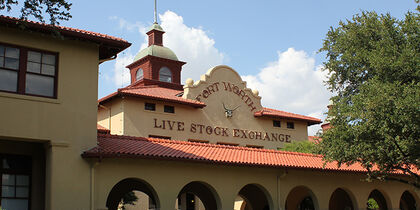
The Livestock Exchange
The Stockyards Museum
The original Livestock Exchange Building from 1902 stands in the heart of the Stockyards district. Today it houses the Stockyards Museum which brings the illustrious history of Fort Worth to life. The displays include everyday items used by cowboys such as antique saddles, as well as objects from the meat processing industry in those days. Another interesting exhibit tells the history of the various Indian tribes that once populated this region.


